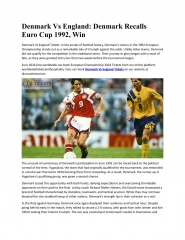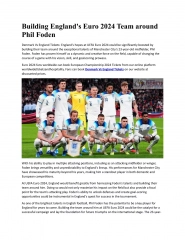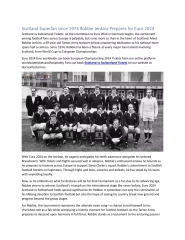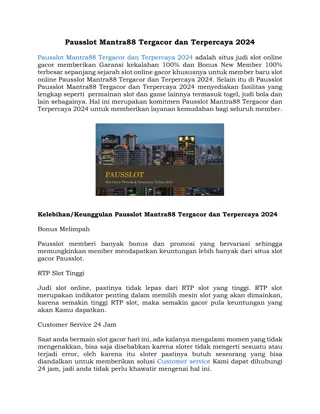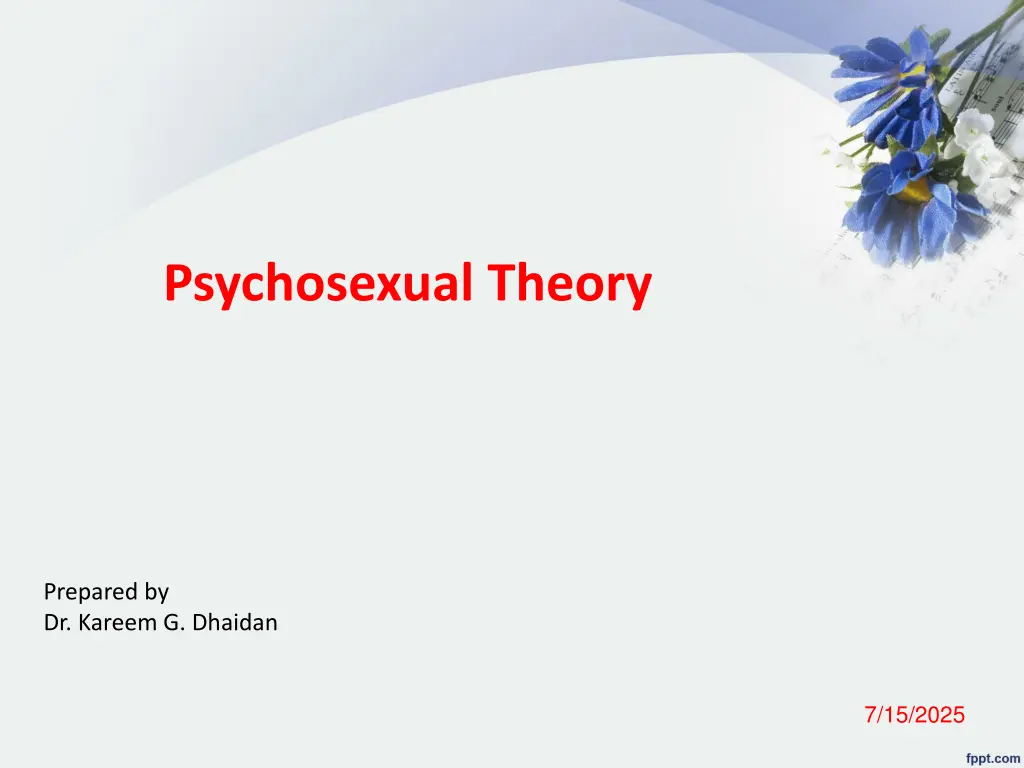
Understanding Freud's Psychosexual Theory of Personality
Explore Sigmund Freud's groundbreaking psychosexual theory of personality, which delves into concepts like the unconscious mind, defense mechanisms, Id, Ego, and Superego. Discover how personality development evolves through various stages according to Freud's insightful framework. Dive into the deep-rooted concepts that still influence modern psychology today.
Uploaded on | 0 Views
Download Presentation

Please find below an Image/Link to download the presentation.
The content on the website is provided AS IS for your information and personal use only. It may not be sold, licensed, or shared on other websites without obtaining consent from the author. If you encounter any issues during the download, it is possible that the publisher has removed the file from their server.
You are allowed to download the files provided on this website for personal or commercial use, subject to the condition that they are used lawfully. All files are the property of their respective owners.
The content on the website is provided AS IS for your information and personal use only. It may not be sold, licensed, or shared on other websites without obtaining consent from the author.
E N D
Presentation Transcript
Psychosexual Theory Prepared by Dr. Kareem G. Dhaidan 7/15/2025
Freud's Motivation theory of Personality Kareem AL-Khafajy
Sigmund Freud was an Austrian Jewish neurologist who founded the school of psychoanalysis and modern psychology. He was famous for his theories of the mind and the unconscious. He was born on May 6, 1856 and died on September 23, 1939 in the British capital, London. Kareem AL-Khafajy
Freud's Motivation theory of Personality Sigmund Freud introduced a number of concepts about development that are still recognized today. Kareem AL-Khafajy
Freuds concepts about development The unconscious mind: is the mental life of a person of which the person is unaware. This concept of the unconscious is one of Freud's major contributions to the field of psychiatry. Defense mechanisms / adaptive mechanisms: as they are more commonly called today, are the result of conflictsbetween inner impulses and the anxiety that attends these conflicts. 5
Cont. Freuds concepts about development. Id: Ego: Super ego: The Id: Is the source of instinctive and unconscious urges, and also the source of all pleasure and gratification. Kareem AL-Khafajy
The ego: is formed by the person to make effective contact with social and physical needs. Through the ego, the id impulses are satisfied. The ego seeks pleasure and avoids pain in rational way that society approves. The Superego: This is conscience of the personality, a control on the id. The superego reminds the person of what would be ideal behaviors and what behaviors are totally unacceptable. The superego is the source of feeling of guilt, shame, and inhibition. Kareem AL-Khafajy
Personality development Freud proposed that the development of personality advanced through several psychosexual stages. In each of these stages, the libidinal energy found a particular focus if the individual progressed through each stage without serious difficulties. 7/15/2025 8
Disturbances in the form of frustrationor excessive gratification during one of the stages could lead to fixation at that stage, meaning that some of the libidinal energy of the adult would have to be used to satisfy responding appropriately to that stage rather than responding appropriate for an adult. Kareem AL-Khafajy
Freud Psychosexual Stages of Development The Oral Stage (0 12 months) The Anal Stage (1 3 years) The Phallic Stage (3 6 years) The Latency Stage (6 12 years) The Genital Stage (12+ years) 7/15/2025 10
The Oral Stage (0 12 month) *The first psychosexual stage. This stage lasts from birth to the first year of life. Libidinal energy centers on oral activities, particularly feeding and weaning. Mouth is the center of pleasure. *Fixation at this stage means that a high level of oral activity may be shown by the adult. E.g. Fixation at the oral stage may be represented by activities such as excessive gum-chewing, fingernail butting, talking, or eating. These behaviors are thought to occur because the person either has been satisfied too much during the oral stage or because the person has not had enough satisfaction during the stage. 7/15/2025 11
The Anal Stage (1 3 years) The anal stage is the second psychosexual stage. Anus and rectum are the centers of pleasure. This stage occurs during toilet training. * Fixation at the anal stage may result in adult difficulties with the given obsessive compulsive personality traits, such as obstinacy, stinginess, cruelty, temper and conflicts between neatness and sloppiness. 7/15/2025 12
The Phallic Stage (3 6 years) In this stage, the source of libidinal pleasure is in the genitalia. Characteristic behavior at this time include exploration of genitals, infantile masturbation, and interest in the anatomical differences between the sexes. Inability to achieve adult sexuality and responsiveness may result from fixation at this stage. Freud believed this was the period when what he called the Oedipal complex (for boys) and the Electra complex (for girls) had to be resolved. 13
Freud proposed that a child has sexual desires for the parent of the opposite sex and feels competition with the parent of the same sex. However, fear of punishment causes the child to identify with the parent of the same sex and to adopt similar behaviors. According to Freud, failure to complete this identification process may result in incomplete gender identity, difficulties in authority situation, or homosexuality
The period of Latency (6 12 years) At the end of the phallic stage about the age of 5 or 6 years, Freud believed the child entered a latency stage. Which means the psychosexual concerns no longer existed. During this period, libidinal energies are reduced dramatically 15
Genital Stage (12 years and more) With the onset of puberty, a person goes into the Final stage of development. At this point, the libidinal energies are rearoused, and the individual attempts to achieve adult sexuality. If there have been difficulties at earlier stage, the giving and receiving of adult mature love may be difficult or impossible to achieve. Example: Suppose a person experiences considerable frustration during the period of toilet training. It is possible that the residual fixation may cause the person to be stingy, stubborn, or extremely fussy. All such characteristics might prevail against the mature expression of giving and receiving love.
Ego Defense Mechanisms Freud proposed that actions or events that insult the superego and damage to one's self-image result in anxiety in the ego. To keep this damage and anxiety to a minimum, a person develops and uses ego defense mechanisms as a way of protecting the self.
Repression: It is the first stepin all defense mechanisms and the most prevalent. Sustained repression requires psychic energy (anxiety) This may result in an abnormal personality pattern It is well-known defense mechanism. Repression acts to keep information out of conscious awareness. However, these memories don't just disappear; they continue to influence our behavior. For example, a person who has repressed memories of abuse suffered as a child may later have difficulty forming relationships.
Sublimation It is a defense mechanism that allows us to act out unacceptable impulses by converting these behaviors into a more acceptable form. For example, a person experiencing extreme anger might take up kick- boxing as a means of venting frustration. Freud believed that sublimation was a sign of maturity that allows people to function normally in socially acceptable ways.
Rationalization The most common defense mechanisms after regression A person who acts for a reason that is considered unacceptable may account for that action by claiming it was done for some other, acceptable reason 7/15/2025
Projection People who attribute their unacceptable feelings to others Projection may allow the person to express sentiments or beliefs that would produce anxiety if they were accepted as his or her own For example, if you have a strong dislike for someone, you might instead believe that he or she does not like you 7/15/2025
Displacement Displacement occurs when aggressive reactions are directed toward some innocent stimulus rather than the one producing anger express our anger towards a person or object that poses no threat (such as our spouse, children or pets). This is done because direct attack upon the hostility producing stimulus is viewed as too stressful, and yet relief is desired 7/15/2025
Regression A person who adopts an attitude that is appropriate to a younger age level may be showing regression Adopting a more childlike attitude may allow the person to avoid responsibilities and not lose face 7/15/2025
Regression When confronted by stressful events, people sometimes abandon coping strategies and revert to patterns of behavior used earlier in development. Anna Freud called this defense mechanism regression, suggesting that people act out behaviors from the stage of psychosexual development in which they are fixated. For example, an individual fixated at an earlier developmental stage might cry or sulk upon hearing unpleasant news.
Behaviors associated with regression can vary greatly depending upon which stage the person is fixated at: An individual fixated at the oral stage might begin eating or smoking excessively, or might become very verbally aggressive. A fixation at the anal stage might result in excessive tidiness or messiness. Kareem AL-Khafajy
Cont. Maslows Hierarchy of Human Needs Understanding this hierarchy of needs helps to develop awareness that everybody has many basic requirements which are essential for survival, health and well-being, and that a person s behavior is oriented toward meeting those needs. 7/15/2025
Level 1: Physical survival food, water, air, sleep, shelter. These are things we cannot live without. Level 2: Safety and security feeling physically and psychologically safe. We feel fear when these needs aren t met. When people are fearful, they work on getting rid of the fear rather than on the task at hand 7/15/2025
Level 3: Emotional and social having relationships with others such as family, friends and coworkers. These include needs for love, acceptance, belonging and intimacy. When these needs aren t met, people experience loneliness, anxiety and depression. 7/15/2025
Level 4: Achievement and success being productive, achieving and accomplishing things that give us feelings of self-esteem and self-worth. We need to feel that we re making a contribution, doing something that matters. 7/15/2025 30
Level 5: Self-Actualization on reaching Level 4 we are then in need of self- actualization, i.e. a need to fulfill our potential comes into focus. We are motivated to make the most of our unique talents and abilities and be the best that we can be. Some characteristics of self actualization are feelings of wholeness, happiness and a sensitive awareness of living. 7/15/2025 31















